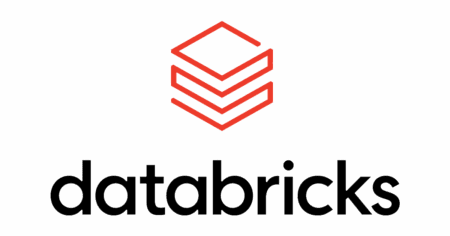It is almost obvious that with changing world, people around as well as the demands are taking new phases. Irrespective of all the efforts invested by the Internet in revolutionising change, there is still numerous driving force that can reshape your business at footsteps.
What is Business Process Outsourcing?
Business process outsourcing is a platform for organisations to expand their business and transfer a set of responsibilities to a third-party vendor. Some of the fine examples of outsourcing can be; customer support centre, data collection centres, process training centres, payroll and finance management centres and so on. BPO services usually fill supportive business functions and may or may not be technical.
There are mainly two types of BPO services: Back office and Front office.
Back Office services include a portion of a company that is involved mainly in handling the administrative and finance departments and are usually not client-facing while Front Office services are part of the organisation that deals with the customers’ issues and tech support.
Depending on the vendor’s location, outsourcing can be divided into three segments:
Offshore outsourcing is the act of appointing an external organisation to perform some business functions in a country that where the products are actually manufactured.
Nearshore Outsourcing is the practice of fulfilling your required work or services performed by people residing in the neighbouring area rather than your own company.
Onshore Outsourcing is the obtaining of services from someone outside a company but within the same country.
Why is Outsourcing such a Prominent Business?
Australian business chooses to outsource their products and services for many reasons. Some of them are:
To decrease cost
There are numerous companies that lean over the six sigma methodology, which enforces the removal of unnecessary steps. The outsourcing methodology facilitates the reduction of in-house labour costing and the required space after the hiring of these agents. And when the outsourcing location is a developing country, the cost of labour is comparatively cheap and easily available.
To focus on core competencies
With outsourcing agency handling the non-core business, you earn ample amount of time to focus on the overall growth and development of the organisation. Also, the outsourcing companies deal in so many departments that the agents specialise in the core and non-core functionalities of their own as well as other companies.
To reduce rigidness
Companies that outsource their non-core business competencies have a leverage of increasing or decreasing the total outsourcing volume. Therefore, at the time of calamities or threats company is flexible enough to manage risk without facing much loss. Also, they can now experiment with new products and services.
Expanding business globally
To generate more revenue for the company, entrepreneurs need to expand their business globally and geographically. As the outsourcing companies have the capability to serve their customers with multilingual languages. This ability cannot be assured with local companies. As people of their respective areas are aware of their native languages in order to promote company’s product and services. Therefore, outsourcing BPO services are the most liable and widely accepted source of expanding one’s business.
What Kind of Services do the Outsourcing Companies Support?
BPO services are divided into many different types of supported services and processes. This includes:
Knowledge Process Outsourcing (KPO)
Some of the KPO services are supposed to be core, while some are non-core business functions.
Legal process outsourcing (LPO)
Legal outsourcing, also known as legal process outsourcing, refers to the practice of obtaining legal support from an outside firm or company.
Research process outsourcing (RPO)
RPO or research process outsourcing refers to the act of examining the adequate information in an activity that can be easily outsourced.
Information technology-enabled services (ITES) BPO
IT enabled services also known as web-enabled services, covers the entire Information Technology sector in order to deliver services. This includes telecommunication, back-office operations, legal databases, payroll operations and so on.
Customer interaction services
Customer interaction services build up interaction with the customers over services like marketing, customer relationship and experience and customer feedback.
Back-end services
Back-end services include services such as internal collections, application development, cloud management, warehouse management, and so on.
Financing and Accounting services
Financing and accounting is a field of outsourcing that deals with the department of summary, analysis, reporting, and auditing.
Human resource services
A Human Resource department deals in the field of employee well-being, hiring, recruitment, and training benefits.
The Future of BPO Services
The future of BPO services involves automation as a prime factor that can lead to change in the trends of these sectors. With advancing changes, all the aforementioned services and platforms have served to their best of efforts. While changes till now have proved to end on a positive note, future changes are also expected to be a positive one.




